Running is an invigorating and accessible form of exercise that offers a myriad of physical and mental health benefits. However, ensuring a healthy and injury-free running experience requires attention to various aspects of your routine. In this guide, we'll explore key tips for maintaining optimal health during your runs, from gradual mileage increases to proper warm-ups and strength training. Plus, discover how seeking a full movement evaluation at Boulder Sports Chiropractic, including physical therapy exercises provided by our in-house physical therapist, can address any pain or discomfort you may be experiencing.
Gradually Increase Mileage
The Importance of Gradual Progression
One of the common pitfalls for runners is the temptation to increase mileage too rapidly. Rapid mileage increases can lead to overuse injuries and unnecessary strain on your muscles and joints. To avoid this, aim for a gradual progression in your mileage, increasing no more than 10% per week. This allows your body to adapt and build endurance without risking overexertion.
Correct Shoe Choice
The Foundation of a Healthy Run
Choosing the right running shoes is crucial for preventing injuries and promoting overall comfort. Visit a specialized running store to get professionally fitted for shoes that match your foot type and running style. Wearing the proper shoes can provide the necessary support and cushioning, reducing the impact on your joints and minimizing the risk of injuries.
Proper Warm-Up and Stretching
Prep Your Body for Success
A proper warm-up is essential to prepare your muscles and joints for the demands of running. Foam Rolling can be a good way to wake up the muscles of your hips and legs. Begin with a brisk walk for 2-3 minutes to increase blood flow and body temperature. Follow this with dynamic stretches that target major muscle groups, such as leg swings and high knees.
Static stretching is best saved for post-run to improve flexibility. Focus on areas prone to tightness, like the hamstrings, quadriceps, and calves. Incorporating these warm-up and stretching routines can enhance your flexibility, reduce muscle stiffness, and contribute to a more enjoyable run.
Optimal Cadence and Running Form
Stride Right for Injury Prevention
Cadence, or step rate, refers to the number of steps you take per minute while running. Aim for a cadence of around 170-180 steps per minute, as research suggests that a higher step rate may reduce the risk of injuries. A quicker cadence can help distribute the workload more evenly among your muscles and joints, decreasing the impact on each stride.
Maintaining proper running form is crucial for preventing injuries and optimizing performance. Focus on the following key elements:
Posture: Keep your back straight, shoulders relaxed, and gaze forward to maintain a neutral spine.
Arm Position: Keep your arms bent at a 90-degree angle, swinging naturally with your stride.
Footstrike: Aim for a midfoot or forefoot strike rather than a heel strike to minimize impact.
Consistently paying attention to your running form can lead to more efficient and injury-resistant running.
Incorporating Strength Training and Physical Therapy Exercises
Building a Solid Foundation
Incorporating strength training into your routine is vital for preventing common running injuries. Target key muscle groups, including the core, hips, and legs, to improve stability and support proper biomechanics. Exercises such as squats, lunges, and planks can enhance muscular strength and endurance. Our in-house physical therapist can provide specific exercises tailored to your needs.
Seeking Treatment at Boulder Sports Chiropractic
A Holistic Approach to Running Injury Relief
If you're experiencing pain or discomfort during or after your runs, it's essential to address the root cause. At Boulder Sports Chiropractic, we offer a full movement evaluation, including personalized physical therapy exercises, to identify any biomechanical issues contributing to your pain. Our experienced team includes Chiropractors, Physical Therapists, and massage therapists, specializes in helping injured runners.
